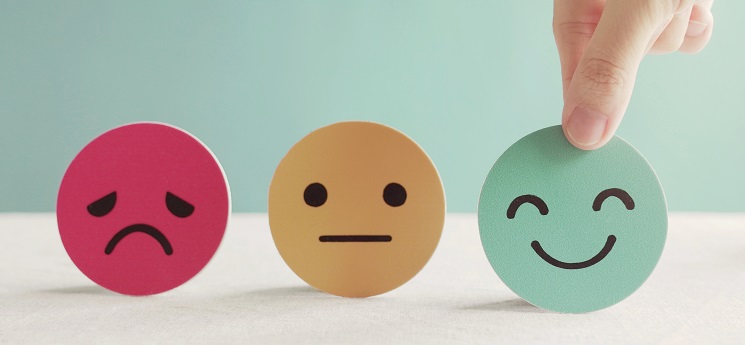In the hustle and bustle of modern life, it’s easy to fall into patterns that seem harmless or even productive at first glance. However, mental health professionals are increasingly highlighting the importance of not just adding positive routines to our lives, but also breaking free from the negative habits that can surreptitiously undermine our mental well-being. Maintaining mental health is as crucial as physical health, and sometimes the smallest changes can make the biggest difference.
Here are six common habits that therapists are urging us to break, along with insights into why they’re harmful and what we can do instead to foster a healthier mindset.
You May Like
1. Living in your head instead of the present moment
Many of us spend a significant amount of time ruminating on the past or worrying about the future. While reflection and planning are valuable, an overemphasis on these thoughts can disconnect us from the present, leading to feelings of depression and anxiety. Instead, try a technique called defusion to gain psychological distance from intrusive thoughts. For example, rephrase ‘My life is terrible’ to ‘I’m having the thought that my life is terrible.’ This subtle shift can help you challenge and release the thought, allowing you to engage more fully with the present.
2. Motivating yourself with negative consequences
Using self-punishment as a form of motivation, such as denying yourself a break until you complete a task, can be counterproductive and lead to unnecessary stress. Instead, make tasks more enjoyable. Sipping on hot cocoa while working through emails can transform a mundane task into a more pleasant experience, helping you stay present and focused.
3. Comparing yourself to others
It’s natural to measure ourselves against others, but this habit can lead to feelings of inadequacy and self-doubt, especially in the age of social media. To combat this, practice noticing when you compare yourself to others and then ask, ‘So what?’ This can help you break the cycle of negative self-evaluation. Additionally, consider muting or unfollowing social media accounts that trigger these comparisons.
4. Engaging in negative self-talk
Self-criticism can be damaging to your self-esteem and can hinder your motivation. When you catch yourself in a cycle of negative self-talk, label it as such, for example, ‘That’s my inner critic talking.’ Treat yourself with the same kindness you would offer a friend. Regular self-compassion exercises can also help build a more positive self-perception.
5. Writing off an entire day because of a setback
Small frustrations can lead to a defeatist attitude, but it’s important to avoid letting one negative event colour your entire day. Acknowledge the frustration, then take a moment to engage in something that brings you joy, like chatting with a friend or enjoying a funny video. This can help reset your mood and prevent a downward spiral.
6. Taking responsibility for others’ feelings
While empathy is valuable, you shouldn’t let others’ emotions dictate your actions, especially if it means neglecting your own needs. Remember that you can’t control how others feel, and it’s important to make decisions based on your values and desires.
Breaking these habits isn’t just about avoiding negative patterns; it’s about actively choosing behaviours that support your mental health. As we age, it becomes increasingly important to nurture our mental well-being with the same care we give to our physical health. By becoming more aware of these habits and taking steps to address them, we can improve our quality of life and find greater peace of mind.
Have you found yourself falling into any of these habits? What strategies have you used to break free from them? Share your experiences and tips in the comments below, and let’s support each other in our journey towards better mental health.
Also read: Giving people with mental health issues a diagnostic label could do more harm than good

